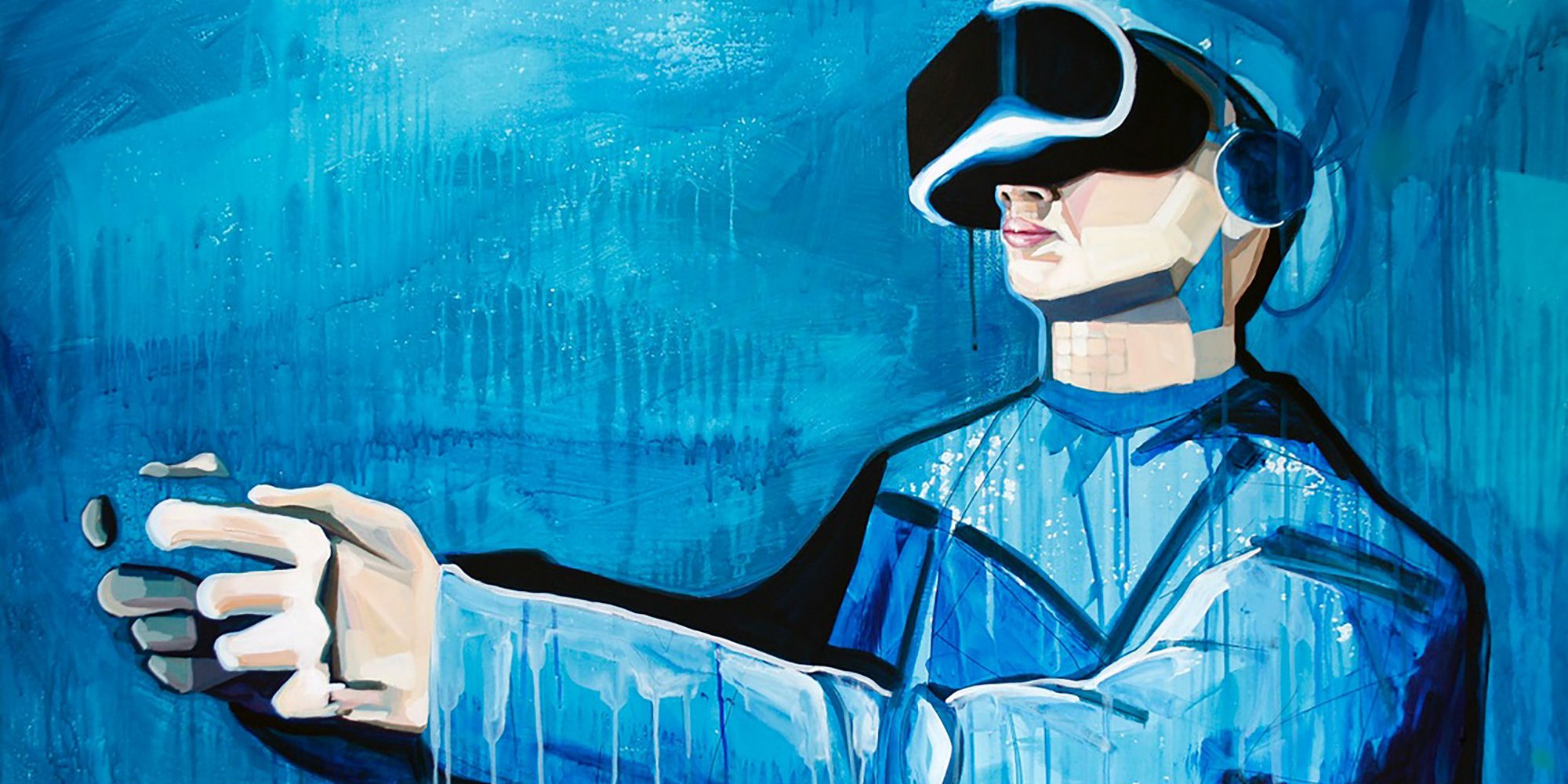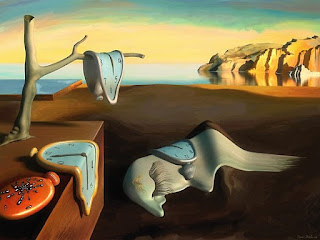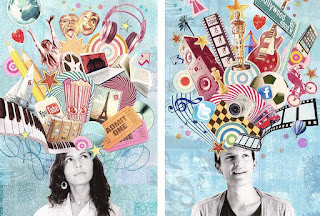Is what I see real?
How do I know what I see is there? What if my brain somehow filters what is unnecessary so that I am only focused on the essential? So I'm just seeing simplified model? I suppose this could have been an evolutionary advantage for the first humans, and maybe even now, somehow.
This theory would have its pros and cons, but as weird and intriguing as any theory can be, if it is wrong, it's wrong, and you can find many blogs refuting this idea with the following:
1) The irony of the unreal
If what I'm able to see and perceive isn't reality, then what is 'reality'? The fact humans can make up the word 'reality' shows that we are aware of our capacity to perceive the world around us. Reality is exactly that- the truth that surrounds us.
When philosophers use the words 'model' or 'reality', they have come to think about those concepts by using their intuitive sense that what surrounds us is real. In other words, we are not born with concepts in our head- we develop them by intuitive acceptance that they real. This is what many philosophers forget; they start making 'models' and playing around with the idea that we do not know 'reality' while ironically ignoring the fact that they were able to understand the definition of 'reality' by assuming what we see and live is real.
2) Intuitive assumptions of nature
Proving that you perceive and sense what is 'real' is like trying to write a dictionary in which you can't use the words included in the dictionary. Alternatively, you would have to end up writing one word in terms of another
eg- Work: the energy transferred
Energy: the work done
Our perception of reality is similar, because there are certain fundamentals in our nature that we assumed automatically, and if we didn't accept those fundamentals naturally, our intelligence would not have developed.
For example, if I did not live my life according to the fact that I perceive what is real, then when my teacher tells me '1+1=2' I would not accept it. In fact, I would not accept anything, and I would not be able to develop my intelligence. This is actually a terrible example, because the fact I know what '2' means and '1' means shows that I know what numbers are, so I must have accepted something in the first place.
This shows that even if you did believe we aren't capable seeing reality, you would carry on your daily life as if you were capable, because it's a fundamental, intuitive belief.
3) How facts are born
A fact is confirmed when your intellect matches up with the visual reality that surrounds you. If I think 'chairs exist' and I see and touch a chair, then I know I was right, and so 'chairs exist' must be fact.
Facts are the building blocks of reality, and by assuming what I touch, see and hear isn't reality, it would automatically destroy our definition of fact. As mentioned before, then there would be no way for intelligence to develop, so human knowledge would become redundant. Again, we live naturally as if we were capable of perceiving reality, because of fundamental intuition that my intellect is coherent with what I sense in the surroundings.
No one lives as if they were unable to perceive reality.
4) Erroneous senses and illness
Everything mentioned above is of course compatible with the idea that our 'sense' can sometimes stumble. Sometimes we think we see something that isn't actually there, for example. However, the fact a few seconds later I see I was wrong, is proof enough that I'm able to distinguish when I'm perceiving reality (the truth that surrounds me) and when I'm not.
Perceiving things that aren't real as if they were continuously (not simple, stand-alone examples, but complex perceptions) without being able to realise they're not actually there is only seen in one type of person: those that experience hallucinations. It may originate from a mental illness.
This sort of illness is possible because humans are limited beings and we don't know 'reality' immediately, but we capture it gradually through our senses. This process is complex, and involves a huge network: the stimuli, the neural network, the brain etc. So obviously, there can be errors along this long process. We do not know reality directly, but rather capture it through our senses (which can be messed up from illness)
5) Scientific models
Others believe the theory that we can't perceive reality because of the imperfection of scientific models. This is a different question, but is related.
It's true that science simply constructs models of reality, and these models will never completely describe reality perfectly. But this is because of two reasons:
- Scientific models study a 'part' of reality: scientific models are niche and describe one specific phenomenon, isolating it from other parts of reality. Reality is interconnected, as are many phenomena, so this separation process (even if it's the only way we can study it) already shows how limited our methods are
- Limited evidence: the people that propose a theory form it based on very little evidence, and will never be able to base it of 'all' the evidence there is to find.
When Kepler formed his model of the planets, he had extremely limited evidence, and still made a theory. Newton's model was better later on, because he expanded the previous Kepler model to include all objects with mass. But even then, he was missing the evidence of EM waves. Einstein then made an even better theory because he took into account EM waves. Quantum mechanics now proposes even better theories and so on.
Scientific models will never be perfect because, since humans are limited, we do not have a complete perception of reality in one piece. What's funnier to think about is that we ourselves are part of the reality we are studying, as we are creatures and never created anything.
Conclusion: So please go on and eat that cake; you know it's real, and you know it tastes good (unless you're hallucinating)



Comments
Post a Comment